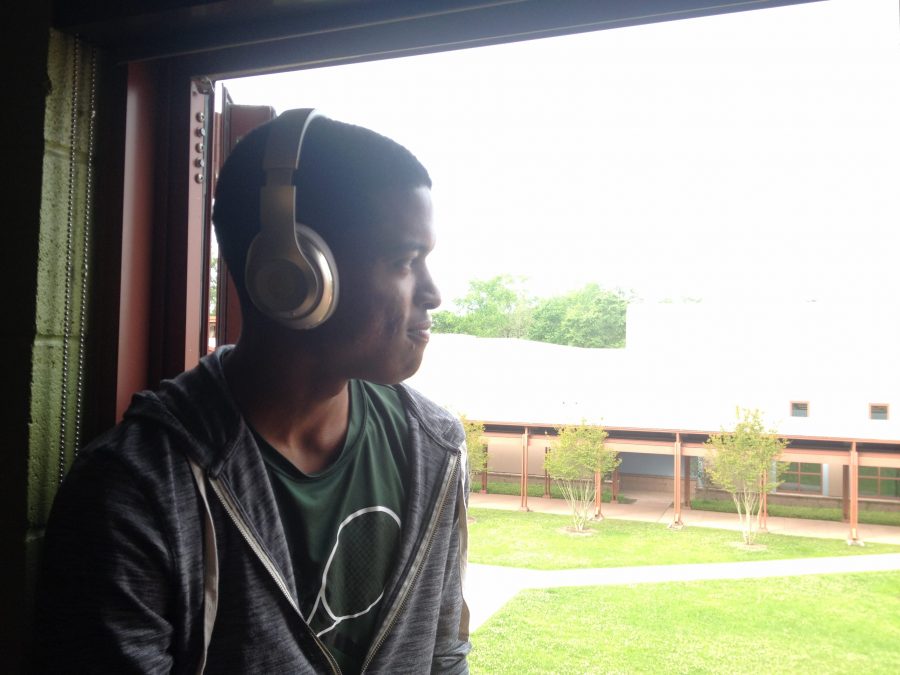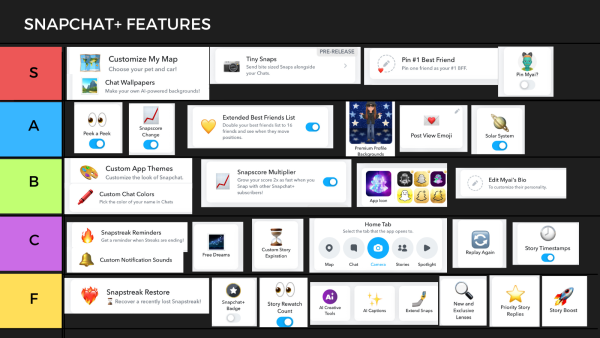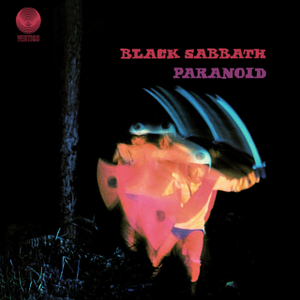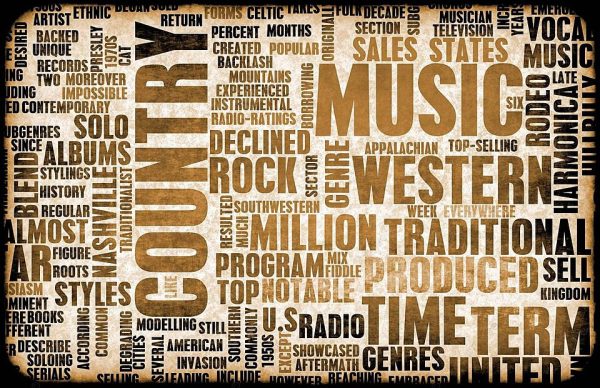What does your music taste say about your brain?
A recent study in PLOS ONE linked music preference to personality type based on the empathizing-sympathizing (E-S) theory. By developing certain criteria, like tempo, instrument types, electric vs. acoustic, and density, the researchers found that type E (empathizing) people preferred music on the Mellow dimension, while those considered type S (systemizers) liked music on the Intense dimension. Does all this sound like gibberish to you? Let me explain.
Empathizing-sympathizing theory was developed by Simon Baron-Cohen in 1997. Empathizers (type E) are able to “identify and understand the thoughts and feelings of others and to respond to these with appropriate emotions,” while systemizers (type S) have a “drive to analyze or construct” systems. If you’re somewhere in the middle, you are considered balanced (type B). Typically, females score higher on the Empathy Quotient and males score higher on the Systemizing Quotient (with many exceptions, of course). The researchers hypothesize that human evolution may explain these correlations; empathy makes a mother better equipped to care for her children, while systemizing allows a man to become a better hunter and provider and increase his social status.
Baron-Cohen’s work led him to further study what he calls the “extreme male brain” theory of autism. Apparently, the E-S model shows that twice as many females are type E and twice as many males are type S. According to Baron-Cohen, having an extremely type S brain is characteristic of autism or Asperger’s syndrome.
However, these findings are controversial. Some say there was a sampling bias towards engineers, who are more often type S. Others hypothesize that females have “protective factors against autism” by having stronger language skills and more empathy. Young girls begin to speak earlier than boys, and boys’ lesser communication skills can appear to be symptoms of autism spectrum disorder. Baron-Cohen’s colleague Dr. Isabelle Rapin stated that his theory “does not account for some of the many neurological features of the disorder, like the motor symptoms, the sleep problems or the seizures.” Others worry that the public associates “extreme male” with overly aggressive behavior. There are also several discrepancies in theory of how boys and girls develop early in life.
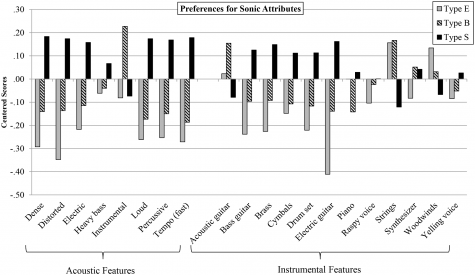 So, with all this in mind, a new team of scientists applied Baron-Cohen’s theory to research about what types of music type E and type S people prefer. Type E participants preferred low arousal, emotionally deep music, like Jeff Buckley’s “Hallelujah” and “I’m Not The Only One” by Sam Smith. Systemizers liked music that was complex, intense, and thrilling like Arctic Monkeys’ “Do I Wanna Know?” or Vivaldi’s Concerto in C.
So, with all this in mind, a new team of scientists applied Baron-Cohen’s theory to research about what types of music type E and type S people prefer. Type E participants preferred low arousal, emotionally deep music, like Jeff Buckley’s “Hallelujah” and “I’m Not The Only One” by Sam Smith. Systemizers liked music that was complex, intense, and thrilling like Arctic Monkeys’ “Do I Wanna Know?” or Vivaldi’s Concerto in C.
Of course, most people don’t stick to just one genre of music, or one style of thinking for that matter. Everyone has moments of empathy and objectivity, of emotional depth and rationalism. Although these theories may contain some truth about general tendencies, individuals cannot always be boxed into categories.
If you’re interested to know whether you’re a systemizer or an empathizer, you can take the test here.



